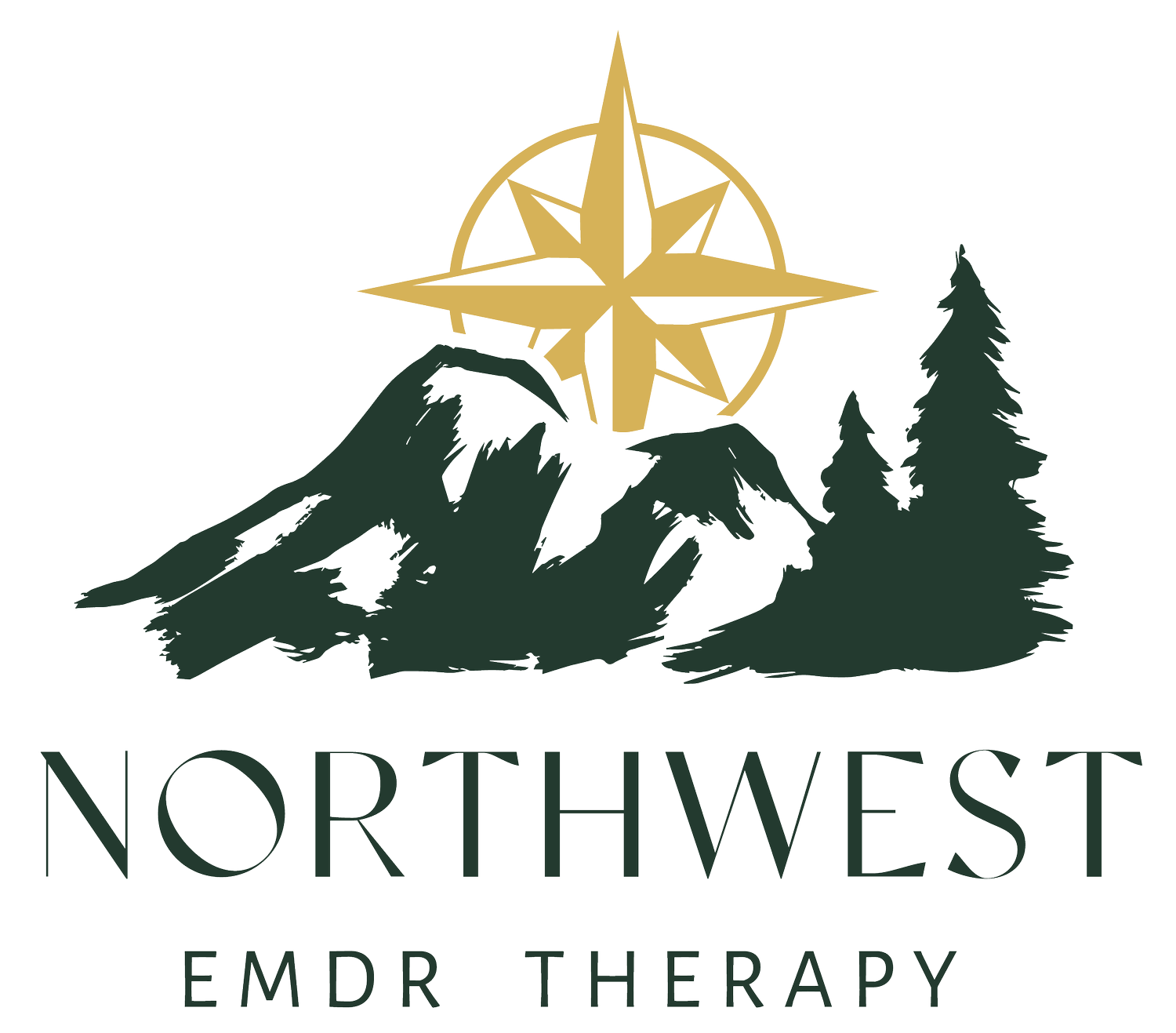
One of the most common topics addressed in counseling sessions are coping skills. Coping skills come up all of the time because their benefit is all encompassing and overarches over most situations. Dealing with depression, anxiety, ADHD, trauma, or even just everyday life stressors? Then let’s review coping skills and their benefits!
Coping skills help to tolerate, minimize, and deal with various situations with your life. Coping skills are tools that help you to reduce your stress or the symptoms of the mental health concern you are working through. Coping skills are different for everyone! There is no one size fits all answer for coping skills, it would be great if there was, but when working on coping skills it is time to get creative. To determine what coping skills work for you, you have to do some internal investigation. It is time to evaluate the concerns, what the concern is creating in your life, and what you want to work on. If you are suffering from stress, some good coping skills would be to work on determining what is causing the stress, and what you want the end results to be, then working backwards to find a coping skill, or skills, that will help. There are 3 primary types of coping skills; problem focused, emotion focused, and social support. Problem focused coping encourages the individual to seek out an much information as possible about the situation, including the people who can help support you in finding a solution. While also taking the problem and breaking it down into small, manageable, pieces to tackle one at a time. Emotion focused coping brings into play the deep breathing tools we have previously discussed, as well as creative expression such as art, music, or dancing. Finally, social support is reaching out to friends, or family, who understand your concerns, as well as provide a safe space to express emotions. Journaling is also an amazing coping tool. Journaling allows the individual to work on getting all of the thoughts out of their mind and on to paper which allows them to organize what they are feeling, and to break it down into manageable pieces.
Negative coping skills are some of the tools we use without thinking about it, that tend to make the feelings or the symptoms worse. Unhealthy coping skills are avoidance, just avoiding the feelings or concerns, or misdirected anger such as getting mad at friends or family when it is not really anything they are doing. Also, social media overuse is a very common unhealthy coping skill. It is very easy to spend hours scrolling through meaningless videos and just wasting time avoid the real concerns. Finally, substance abuse, disordered eating, and self-harm are three of the extreme unhealthy coping skills. They feel like they are releasing the pain but really it is just bottling everything up more and causing additional physical and mental challenges.
If you feel that you tend to turn to the unhealthy coping skills, or need some support working on healthy coping skill options, reach out to a mental health provider. As mentioned previously, I talk about coping skills in about every session with clients because they always come up for whatever the situation is. As a trained mental health professional, I still find myself struggling to always use healthy and positive coping skills, so it is useful for anyone to get support in organizing thoughts and concerns, and working on tools to support success.

